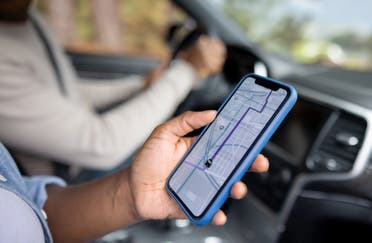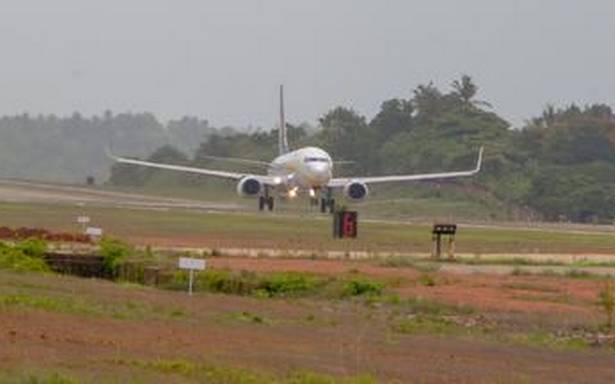Many people rely on the global positioning system “GPS” to easily reach their various destinations, but a new study warns that relying on this technology permanently may disrupt an important mental skill.
The study conducted by McMaster University in Canada showed that relying on our memory when navigating between roads makes our brain navigation system more efficient, and vice versa.
Reduce the Use of GPS
The study also showed that reducing the use of “GPS” is useful in training our sense of direction and improving spatial memory, that is, the ability to process information related to the surrounding environment and create a mental map of places.

Using GPS while driving – iStock
The researchers resorted to subjecting the participants to an experiment in which they practice a sport in which each of them moves in a forest or in a city without a predetermined path, but passes through a series of points until it reaches the point of arrival, using only a compass and a map.
And it turned out that the older and more experienced participants could rely on their mental abilities through a mental map, in a way that exceeded the youth after they developed more spatial memory, according to the Italian magazine “Focus”.
A study conducted by the University of Lyon and University College London also confirms the same idea. Growing up in the countryside or in a city with a complex map develops its residents’ sense of direction compared to those born in urban centers, where streets form a simple grid with branches at right angles.




